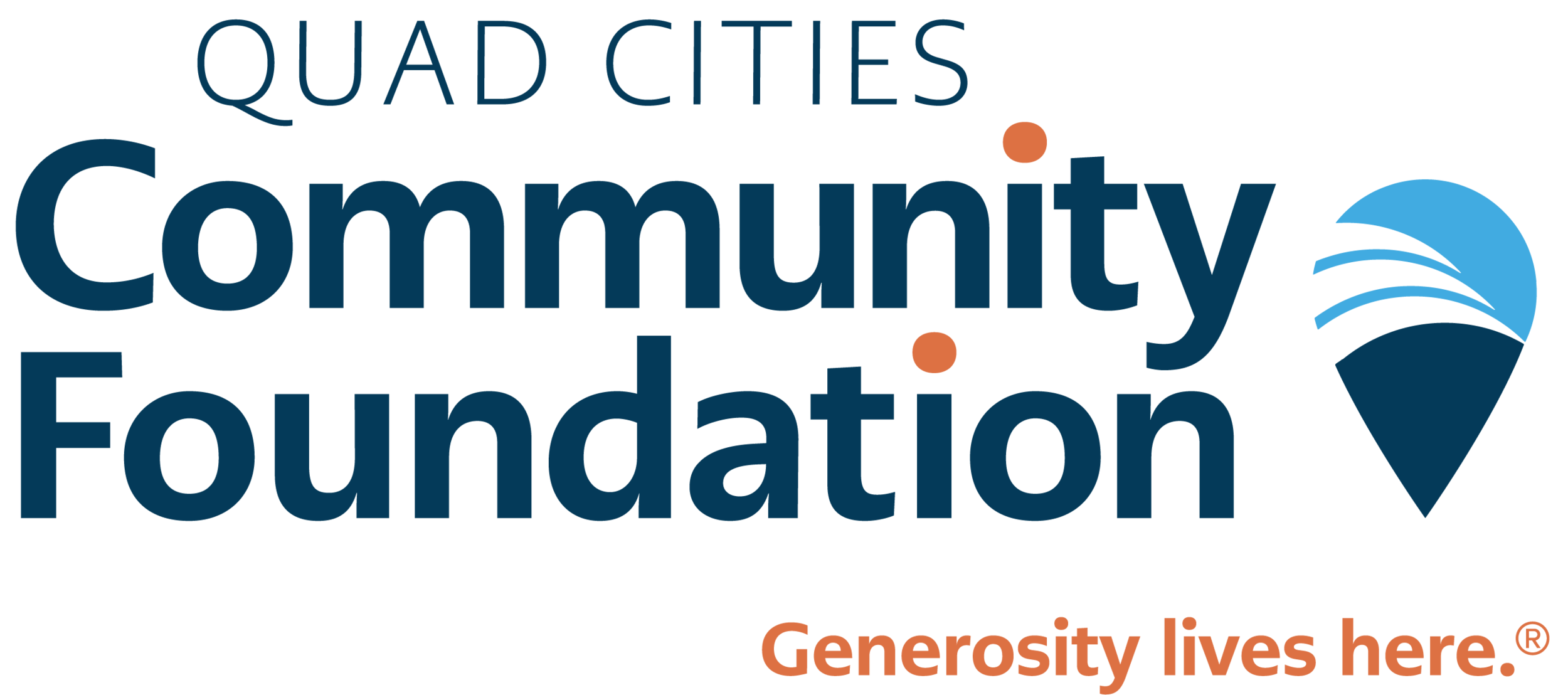Disaster-ready: If you wait to prepare for a disaster until it hits, you’re late
If you wait to prepare for a disaster until it hits, you’re late.
That’s one of the messages Andrew Blessing, Grantmaking Associate, hopes to continue to get across to the community after returning last month from the Philanthropic Preparedness, Resiliency, and Emergency Partnership (PPREP) conference in St. Louis.
“We cannot force people to put disaster readiness at the forefront, but if we consistently dig in and work on our plans and procedures, it will help our entire community to be ready in the long-run,” Blessing said.
The Quad Cities Community Foundation recently began the second phase of work with area organizations to help nonprofits prepare for a disaster. The work started more than one year ago through a partnership between the Community Foundation and the University of Illinois Extension, which offered three training sessions and $40,000 in grants last year to prepare Quad City area nonprofits to survive and meet increased need when disasters strike. This was possible because of a PPREP grant from The Funders’ Network for Smart Growth and Livable Communities.
Organizations in the region are already seeing an impact from their participation in the trainings.
“Our building suffered damage during the storms last October. We had to call other agencies to help us, contact the media, contact volunteers, and so on. We are grateful that we were able to go through the process of building our disaster preparedness manual with the Community Foundation and University of Illinois Extension," said Mary Fahrion of King's Harvest Ministries. "We had the names and numbers of our contacts at hand and knew what to do. It was a little stressful but having a blueprint of what to do and who to call made the job easier."
Oftentimes the populations that nonprofits serve are the most vulnerable in a community. And it is difficult for nonprofit staff members to find the time amongst daily work loads to adequately prepare for a disaster. Helping organizations formulate a plan and ensuring they have procedures in place is crucial, Blessing noted. “Sometimes, that means just asking if they have all their paperwork and contact lists in a safe, accessible place. Sometimes, that means having systems in place to quickly communicate with the populations they serve to mobilize recovery.”
The St. Louis meetings were a good reminder that the emergency work done during a disaster, as well as the important work toward recovery afterward, can be done well before an event happens. “They talked about continuity of operations, fundraising and grants, networking, and long-term recovery committees,” he said. “We heard a lot about the importance of networks and partnerships, making sure that agreements to help each other are in place before anything happens.”
The Quad Cities is a safer place because of the preparations that have taken place during the past year, he said. The Community Foundation will request another round of funding from PREPP in 2017 to continue to build the capacity of our community to prepare for and recover from disaster. “Since we are in a high-impact area, with floods and tornadoes, we’re downwind from a nuclear plant and close to a major interstate, any number of things could happen at any time,” he said.
The Community Foundation has continued to invest in the process of disaster preparedness by setting up the Quad Cities Disaster Recovery Fund, which will support long-term recovery efforts in the community in the months and years following a disaster. Donors can give to the fund to make sure the Quad Cities area has the support needed to return to an even-better “new normal.”
“If we wait, it’s too late,” he said. “We can help the region bounce back.”
The recovery fund is also a good reminder for donors that gifts left in the care of the Community Foundation will work for the good of the community forever, Blessing added. “Disasters are never going to go away, but their donations will have a lasting impact.”
